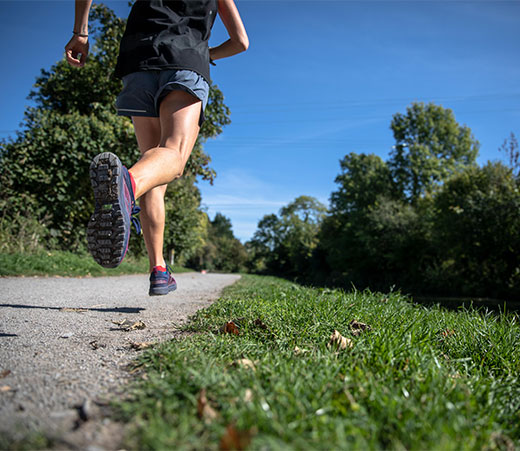
Hoe haal je het maximale resultaat uit jouw lichaamsbouw en lifestyle

Water is the basis of body fluids like saliva and supports important functions like waste removal and control of body temperature. We lose fluids through sweat, toilet trips, physical activity, hot weather, drinking alcohol or excessive caffeine, and even breathing. Fluids need replacing throughout the day to prevent dehydration, which can affect concentration, co-ordination, reaction times, decision making, blood circulation and increase our risk of collapsing, muscle cramps and heat illness.
How much fluid do you need?
That depends on factors like the weather, your age and the physical activity you do. 20-30% of a person’s fluid intake comes from food, so the remaining 70-80% has to come from beverages. In general it is recommended women should drink 1600ml (about 8 x 200ml glasses) and men drink 2000ml (about 10 x 200ml glasses) per day.
What counts towards your fluid intake?
Staying hydrated does not mean you have to just drink water, many other beverages will hydrate the body. This includes caffeine containing beverages (tea and coffee). Caffeine only has a diuretic effect if consumed in extreme amounts, not the usual 2/3 cups a day. Here’s what else counts towards your fluid intake:
Milk; opt for 1% fat, semi or skimmed milk – a great source of calcium and other essential nutrients.
Soft drinks; these count towards fluid intake but watch out for sugar content, aim for sugar-free varieties, consume in infrequently. They provide little nutritional value.
Fruit juices and smoothies; consume in moderation. A 150ml portion of 100% fruit juice or smoothie counts as 1 of your 5 A DAY. It's advised not to consume more than this in a day due to the provision of free sugars from the juice or blended fruits.
Dehydration
As little as 1-2% loss in body weight is an indication of mild dehydration.
The dangers:
Signs of dehydration: